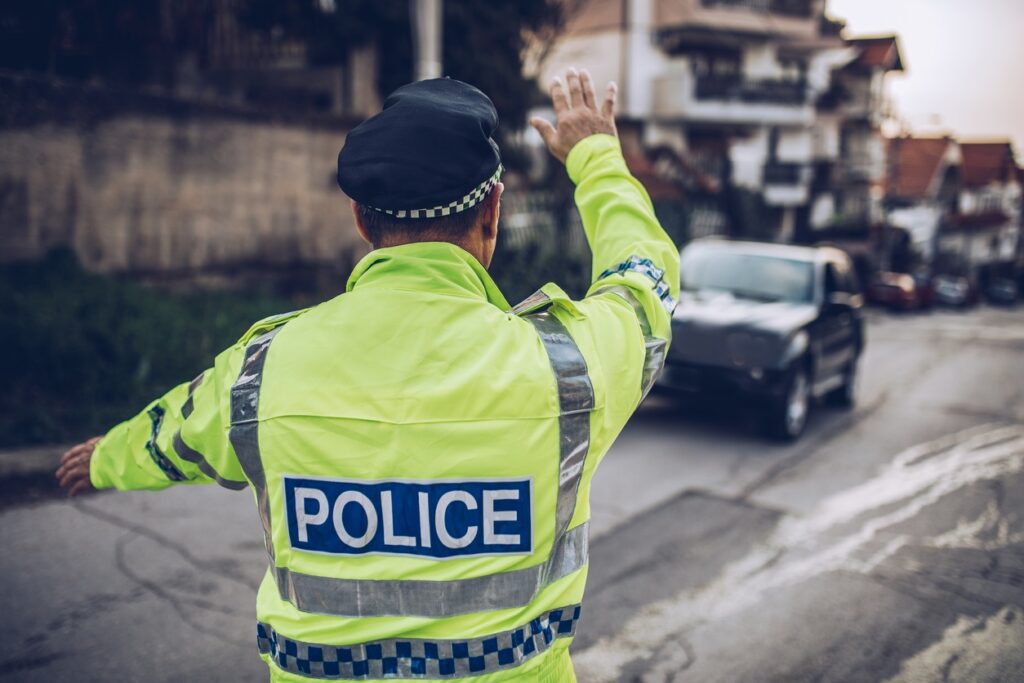Within days of the enactment of emergency Covid-19 legislation that extended police powers, Buxton Lagoon was dyed black by Derbyshire Police to encourage social distancing. Over the weekend, one police force issued 123 fixed penalty notices whilst another issued six summonses requiring individuals to attend the Magistrates Court for Covid-19 related offending.
As different police forces across the country adopt different interpretations of their new powers, ‘ordinary’ people find their liberty restricted in an unprecedented way. As a result, the police find themselves subject to intense public scrutiny. Lord Sumption stated that the UK risked becoming a “police state”. Numerous well publicised examples of over- zealous policing has understandably exacerbated public anxiety and confusion about what one can and cannot do during the Covid-19 lockdown.
Whilst the police grapple with the scope of their new powers and public panic intensifies, history indicates that those who are likely to be affected the most by improper policing will be black and minority ethnic (BAME) people. In an article published in the Guardian yesterday, Gracie Mae Bradley from Liberty wrote “as with every universal restriction on liberty, the effects of this new state of emergency will not be felt evenly… communities of colour already know that police discretion is a gift not bestowed equally”. It is true that for many young people of BAME backgrounds, being stopped and asked questions about where they are going is not a new, Covid-19 induced phenomenon.
In response to concerns about police overreach, the NPCC College of Policing re-issued guidance to police forces across England and Wales to encourage consistent policing and to ensure that the police are acting within the scope of their new powers. Whilst one can hope that the re-issued guidance combined with an increased degree of media scrutiny will regulate the activities of the police, both anecdotal and statistical evidence in the legal profession does not engender a huge degree of confidence. Suspects continue to be arrested and detained for minor offences and there are real concerns that the new powers are being used to legitimise unnecessary stops and subsequent arrests.
It is now more important than ever that the police think carefully and sensibly about their role in today’s new world. The way in which they behave during this crisis will be remembered for years to come and if it is not within the framework of the law, they risk more than the temporary reputational damage caused by some black dye in Buxton Lagoon. They risk damaging their already fractured relationship with certain communities.
Gracie Mae Bradley’s full article can be reached here.
By Ella Jefferson, Solicitor – Criminal Defence and Extradition Team
If you would like to discuss any of the issues above with our criminal law solicitors, please do not hesitate to get in touch.

